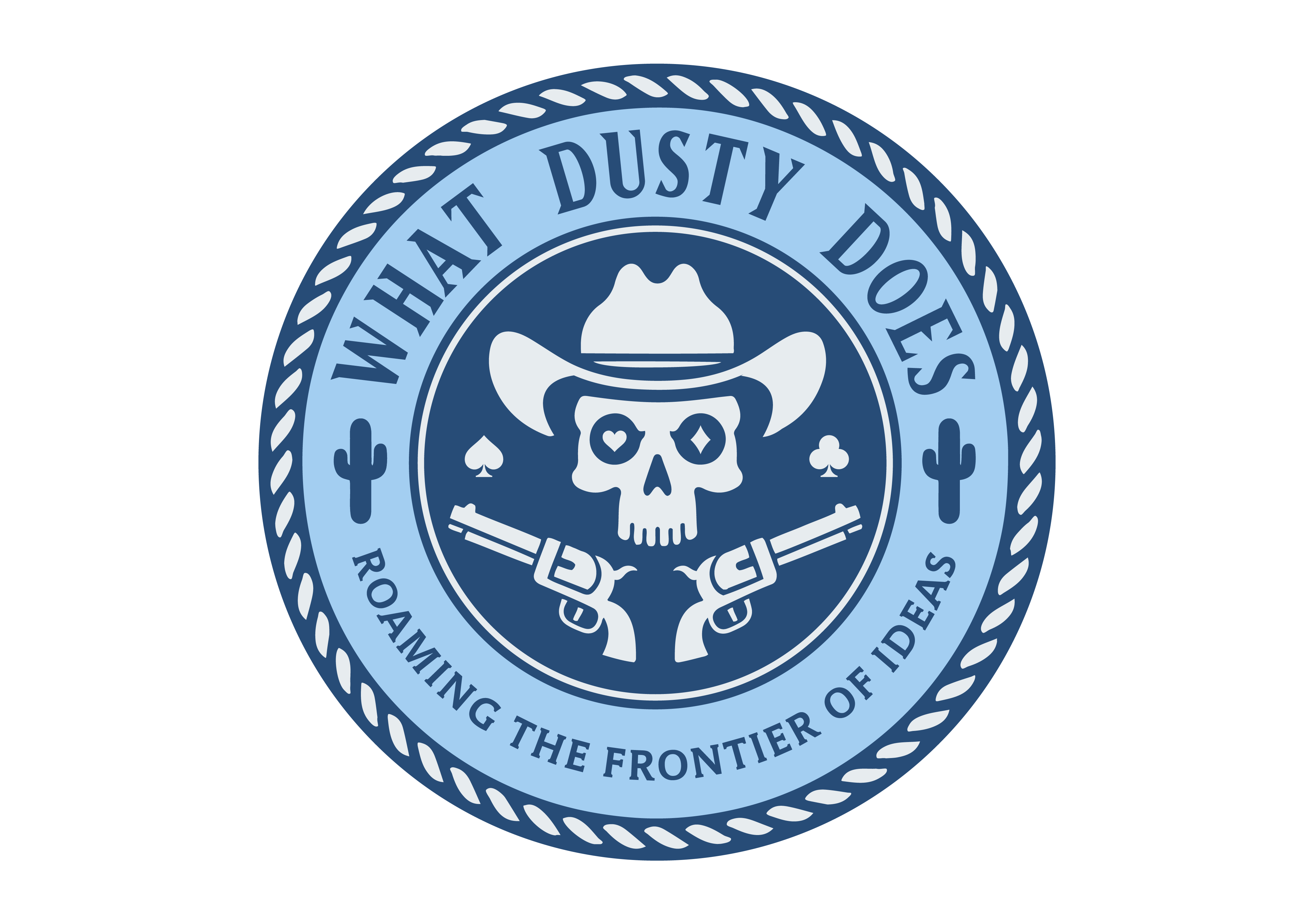With the advent of AI, specifically LLMs, my profession is once again asking the question, “is this the end?”. This time, I think it might be. Kind of. But it’s really a shift that’s been happening for a while.
Back in the early days of SEO, it was enough to create half-baked content, maybe luck out in getting a backlink or two, and basically keyword-stuff your content enough to convince the search engines into thinking they’ve found the right page for a given query. But a lot has changed since then.
SEO: My Beginnings
My very first job out of college was writing SEO copy advertising car title loans (no, I did not know what car title loans were until I started working there). Basically, I would respin the same talking points and content for different locales our many websites were targeting with nearly the same copy. We were trying to generate leads for people wanting to get the (terrible, terrible, I would never recommend) loan. The SEO would give me keywords to hit on in the content, I would make sure to sprinkle them in there a few times, populate the meta keywords/description tags with them, and call it a day. And as far as I could tell, this tactic worked 10+ years ago.
What’s Changed in SEO in the Past 10 Years?
Google and other search engines have gotten a lot better at taking in the signals to judge the quality of content you write. While backlinks have maintained their importance overall (provided the sources of the backlinks are legit), SEO is now more than keywords– it’s really about topical authority and proving you’re an expert in whatever you’re writing content about.
In my current role, writers/non pro SEOs still have this impression that all it takes is coming up with some keywords and making sure they’re sprinkled into the content, and it’ll rank for all of them. Man, I wish it was that easy, but it’s not. I try to emphasize now that SEO is a comprehensive, holistic process, from the inception of the idea for a piece of content to the competitive research to understand what others are creating on your chosen topic to the on-page optimizations you perform prior to publishing it.
Google harps a lot on E-E-A-T and so do I to writers– because it’s all about how to be a topical authority. E-E-A-T stands for “experience, expertise, authoritativeness, and trustworthiness”, which I think should be the mantra of everyone wanting to create content that performs organically in Google. It gets away from the mindset that SEO is a method of gaming the SERPs for your content to appear– which is why many people in the general public lament SEO and complain SEO is ruining the Internet.
TL;DR of the E-E-A-T link above that I’ve sent– the content you create for the web should be original, informative, helpful, complete, comprehensive, sharable, and valuable. This is where my opinion on AI comes in.
Will AI Kill SEO?
The answer: no, but it will change how we think about SEO. So far, AI Overviews on Google mostly appear for informational queries with quick answers. If you’re writing blogs about topics that can be easily summarized, you were already in trouble when Google came out with Featured Snippets and no-click results years ago. The need for deep, informative, valuable content now becomes even more important than ever in a sea of misinformation, disinformation, and your competitors producing content written by AI.
SEO may be called GEO (generative AI experience optimization) or something like that, but the fundamentals of creating good content will stay the same, and arguably have been the same since the web was born. Create good, original content that speaks in depth about the topics you have authority in and that people are looking for (at least at the beginning). Once you have an established audience that responds to your content, even SEO drops off at that point. Great content is the key to driving traffic to your website and always will be.

